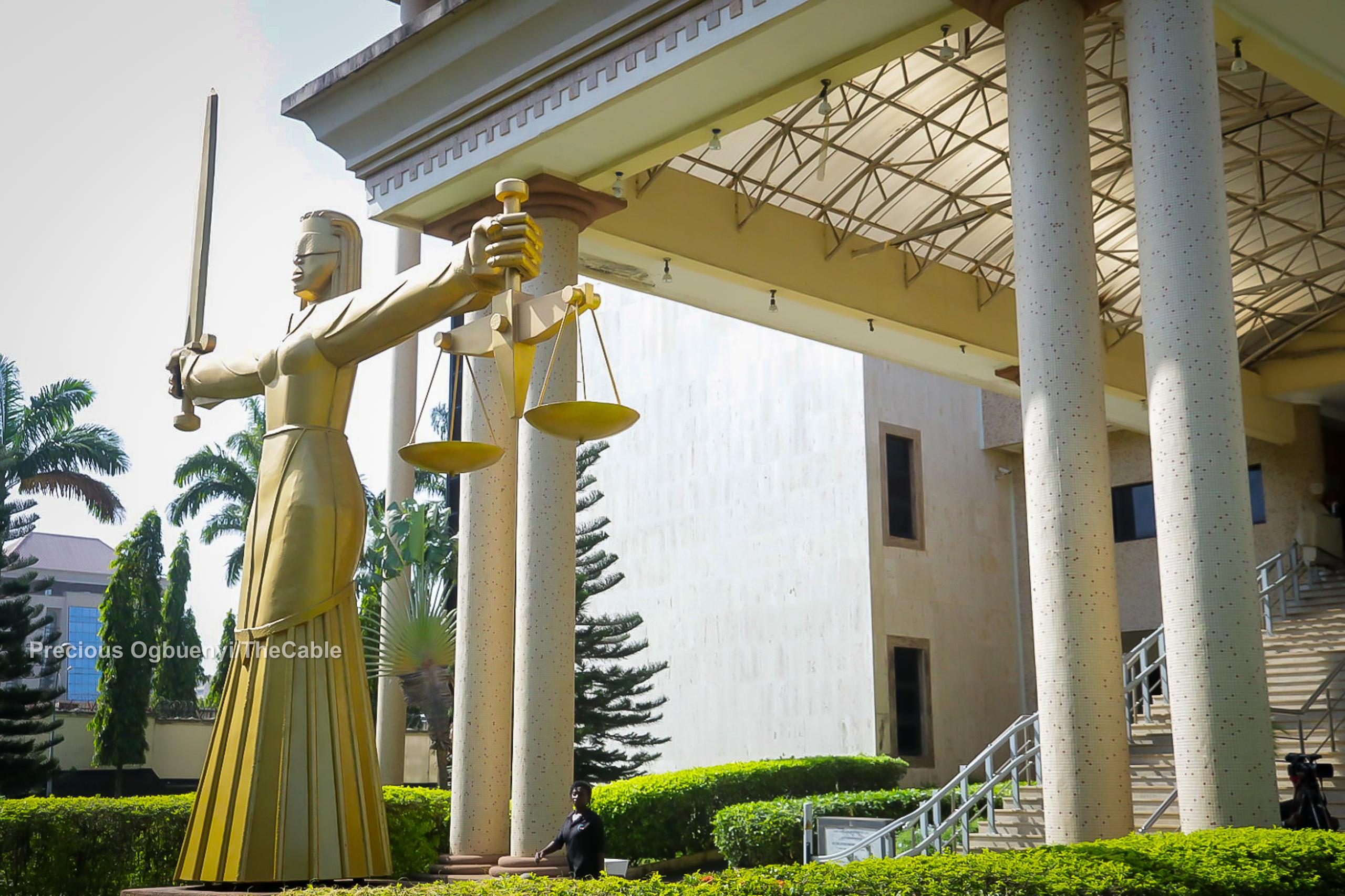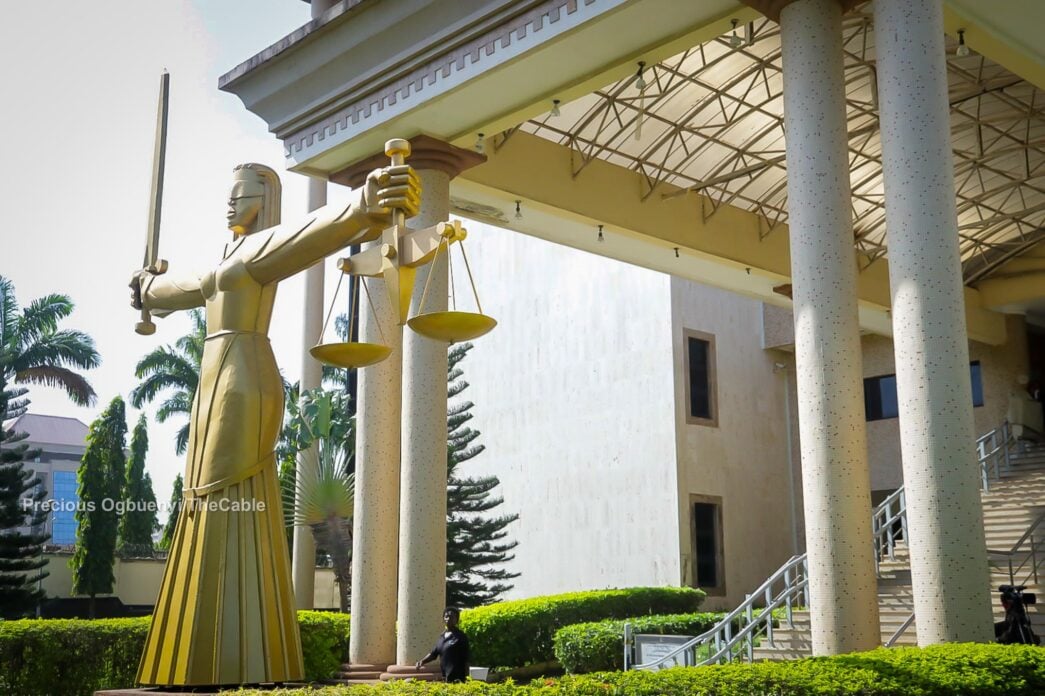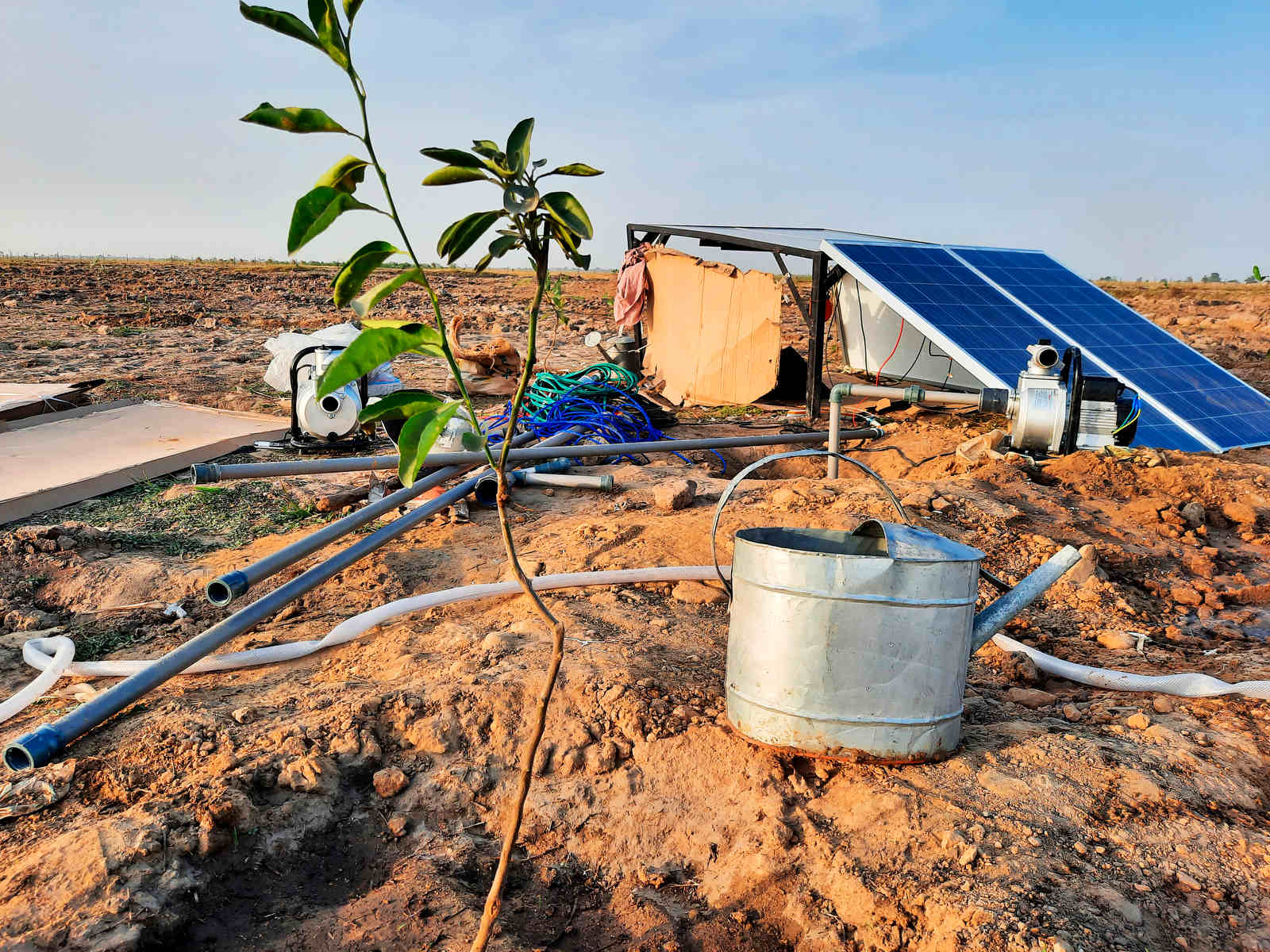BY YUSUF ALHAJI LAWAN
The pursuit of justice is a fundamental human right, enshrined in the constitution of every democratic nation. However, in Nigeria, this basic right appears to have become a luxury that only a few can afford. The country’s judicial system which is designed to uphold justice and protect the rights of citizens, has become nightmarish with a labyrinth of delays, and inefficiencies resulting in frustration.
For many Nigerians therefore, seeking justice is a daunting task that requires painful patience, persisting perseverance and a freezing fortune. The system is slow, cumbersome, and prone to manipulation, often leaving victims of injustice helpless and disillusioned.
As someone who is not in the legal profession, but only strives to stay out of trouble, I have had limited interactions with the courts. However, through conversations with friends, colleagues, and acquaintances, as well as following trends in the public sphere, I have consistently been dismayed by the negative narratives surrounding the judiciary.
Advertisement
I was recently drawn into a court case involving an acquaintance, who was embroiled in a vehicle accident. Given my geographical proximity, I stepped in to provide support, as the primary party resides nearly a thousand kilometres away. The accident involved two vehicles, one private and the other, a commercial, but fortunately, there were no bodily injuries. However, both vehicles have been at a police station for almost a year, awaiting court pronouncements.
During the legal battle, one party expressed dissatisfaction and filed an interlocutory appeal with a High Court. After submitting appellate briefs, the court scheduled a judgment date, which has been adjourned at least four times. The outcome remains uncertain. There are two possible scenarios; the High Court may uphold the lower court’s handling of the case and instruct it to proceed and on the other hand, it may express dissatisfaction and reassign the case to a new magistrate so that the already prolonged matter could commence de novo. If the latter occurs, the entire year invested in the case would be rendered futile, and the parties would be required to deplore the same resources in prosecuting the case.
I became troubled by the situation and sought clarity from a colleague, who happens to be a lawyer. With a calm smile, he said, “one year is nothing. The court of appeal can adjourn a case for up to two years, and the supreme court can take up to five years.” His words left me speechless and stunned.
Advertisement
My experience with this case, coupled with two other cases I had followed elsewhere, has left me thoroughly disgruntled with the Nigerian judicial system. The drab pace of justice is alarming, and I can only imagine the immense burden that judges must carry. It is a weighty responsibility that I would not wish for anyone. If I could offer one piece of advice, it would be to avoid getting entangled in the Nigerian court system as much as possible. The vexation and disappointment can be overwhelming.
It appears that judges’ primary responsibility of presiding over court cases is often compromised by secondary and tertiary commitments. Excessive time spent on committee activities, and attendance to a series of out-of-station assignments, combined with frequent leaves, result in prolonged adjournment and unnecessary delays in court proceedings. This dereliction of duty undermines the administration of justice, causing cases to drag on interminably.
This is merely a superficial glance at the issue, but upon closer inspection, the harsh realities of the judicial system become even more alarming. From a broader perspective, it is clear that the average citizen’s expectations of democracy have not been met. The slow and inefficient administration of justice is a far cry from the fair and effective system that citizens anticipated when they embraced democracy.
A compromised and ineffective judicial system has far-reaching consequences for nation-building, undermining the very foundation of democracy and the rule of law. When justice is delayed or denied, citizens lose trust in the system, leading to widespread resentment and social unrest. Investment and economic growth suffer as investors become wary of a system that fails to protect property rights and enforce contracts.
Advertisement
Furthermore, a weak judiciary emboldens corruption, impunity, and lawlessness, perpetuating a cycle of violence and instability. Ultimately, the collapse of a judicial system erodes the fabric of society, hindering progress, and undermining the government’s ability to deliver on its promises, thereby threatening the very survival of the nation.
Prolonged court cases have been a stark reminder of the challenges that often accompany Nigeria’s judicial process. As I reflect on my colleague’s words, I am reminded that patience and perseverance are essential virtues for navigating the complexities of our legal system. While the wait for justice can be arduous, it is crucial that we continue to advocate for reforms that will strengthen our institutions and ensure timely access to justice for all.
Yusuf Alhaji Lawan writes from Hausawa Asibiti Ward, Potiskum Yobe State. He can be reached via [email protected].
Advertisement
Views expressed by contributors are strictly personal and not of TheCable.
Add a comment










